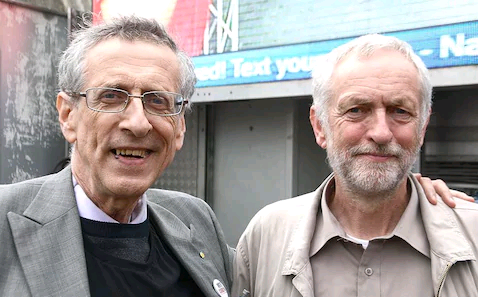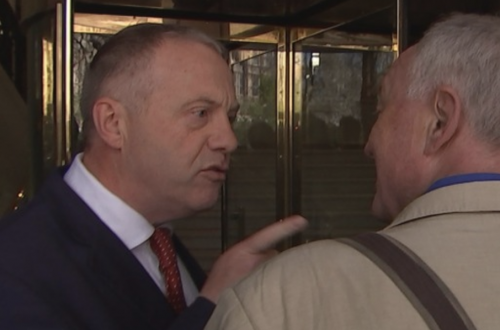As reported here, the way the Daily Mail reported the ‘poppy hijab’ story could not have been more ill-judged.
British Muslims urged to wear headscarf as symbol of remembrance
The headline turned a positive initiative, backed by British Futures, into a kind of loyalty test.
The poppy/Muslim interface is clearly a charged one – burning poppies is one way extremist Muslims have signalled their anger at British forces. However other Muslims, like non-Muslims, will simply choose not to wear a poppy. Whatever one thinks of Assed Baig he does condemn poppy burners in this piece. At the other end of the spectrum you have the Ahmadi Muslims who are conspicuous poppy wearers and sellers.
Some Muslims responded to the poppy scarf with snarls of ‘kufar’ and ‘coconut’. Others were just (understandably) tetchy about the Daily Mail’s ‘urged’. Sughra Ahmed, of the Islamic Society of Britain, made a measured intervention:
Muslim women, especially those of my generation and younger, will choose to wear what they want. Personally I wear a headscarf and I also wear a traditional poppy in November, like many others.
A million British Muslims already choose to wear a poppy in November. Others choose not to. The “poppy hijab” is just another way to mark Remembrance for those who want to. It’s a choice: No one’s being urged to do anything they don’t want to.
The poppy hijab is also a symbol – it’s one way to combine Islam and Britishness. I think that says something about the confidence of this generation.
In this article Dilly Hussain twists her words, implying that she believes any Muslim who doesn’t support the armed forces is simply part of an angry minority who spouts hatred.
There are some serious concerns regarding Ms Ahmed’s zealous statement. Firstly, she assumes that Muslims who criticise and don’t support the Armed Forces are an “angry minority”, and secondly, she added that “thousands of Muslims already wear the poppy” – clearly dismissing the thousands that choose not to wear it.
(The first reader’s comment nails this particular problem in the piece.) He also claims she dismisses those Muslims who choose not to wear the poppy – while he dismisses those who do (including the Muslim women who speak at the end of this clip) and overlooks the fact that she clearly acknowledges that ‘others choose not to’ (see her full quote above).


